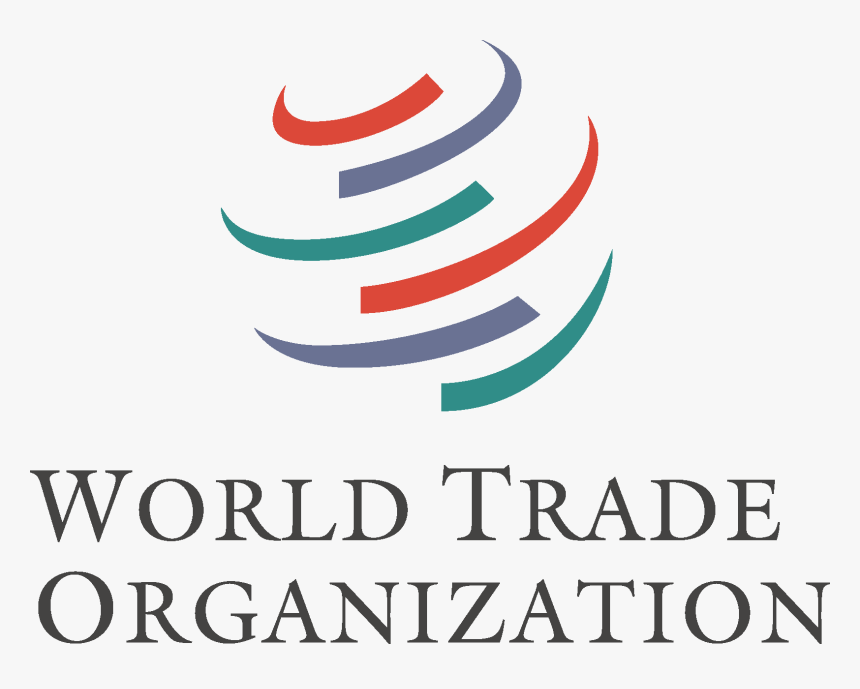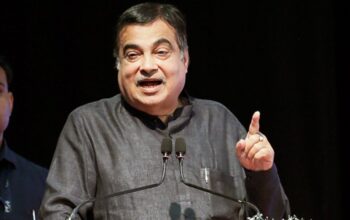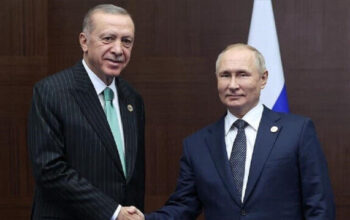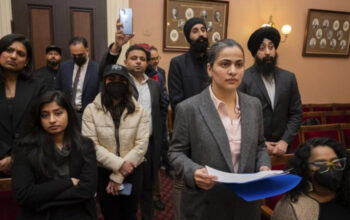India in a WTO meeting has highlighted that developing countries not engaged in distant water fishing should be completely exempted from overfishing subsidy prohibitions for at least 25 years as the sector is still at a nascent stage, an official source said. This time period will also provide policy space to developing countries to come at par with developed nations, the source added.
Fishing beyond 200 nautical miles from the seashores of a country is termed distant water fishing.
The issue is part of a proposed agreement by WTO members on curbing harmful fisheries subsidies.
It has stated that countries which have developed industrial fishing should take more obligations based on CBDR (Common But Differentiated Responsibilities) concept and should prohibit harmful subsidies, the source said.
These issues were flagged by India in the last week’s meeting in Geneva.
The chair of the negotiations, Ambassador Santiago Wills of Colombia, had convened the ‘Fish Week’ to resolve contentious issues related to the proposed global deal on curbing harmful fishing subsidies, ahead of the 12th Ministerial Conference (MC12) next month.
In the meeting, India has also demanded that fuel subsidies provided on a horizontal basis should be covered under the scope of this agreement ..
The objective is to discipline subsidies for sustainable fishing and eliminate IUU (Illegal, Unreported and Unregulated) fishing subsidies and prohibit them from contributing to overcapacity and overfishing.
The 12th ministerial conference, the highest decision-making body of the WTO, is scheduled to meet on June 12-15 in Geneva.
India has time and again emphasised that it is keen to finalise an agreement on fisheries subsidies in the WTO as irrational benefits and overfishing by many countries are hurting domestic fishermen and their livelihood.
The country wants an equitable and balanced outcome as it provides support to its small and marginal fishermen who depend on the sector for sustenance.
In the WTO, member countries negotiate through a text to finalise an agreement.
WTO negotiations on fisheries subsidies were launched in 2001 at Doha, with a mandate to clarify and improve existing WTO disciplines on fisheries subsidies.
Unlike rich nations which provide billions of dollars of subsidies to their fishermen, India’s subsidy amounts to only around Rs 1,000 crore. China, the EU, the US, Korea and Japan provide USD 7.2 billion per annum; USD 3.8 billion, USD 3.4 billion, USD 3.18 billion and USD 2.8 billion subsidies per annum respectively.






